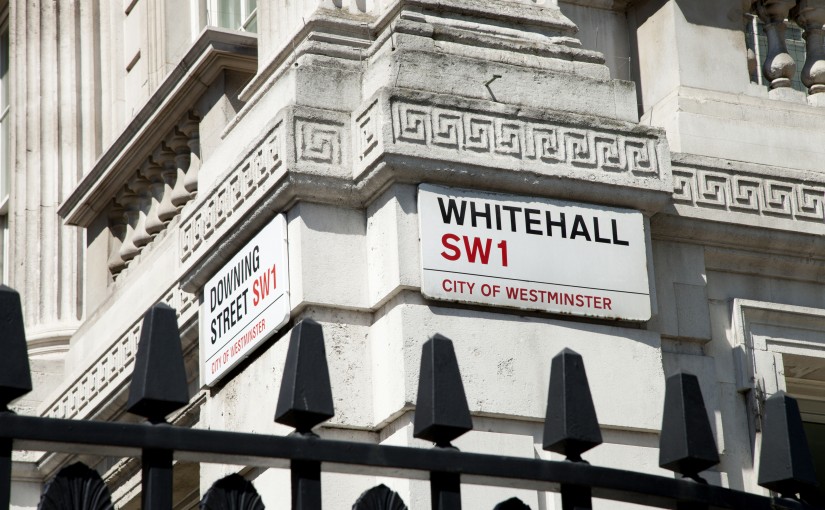Is there any phrase more annoying than “hard- working families”? This seems to have entered the political phrasebook and is now trotted out by just about every party on just about every occasion. Some say it was first used in the 1990s although Liverpool University’s Dr Stuart Wilks Heeg has pointed out a use in Hansard in the 1920s. (Just above the start of column 515)
When George Orwell wrote about Politics and the English Language back in the 1940s he argued that for clear thinking you needed clear language. He wanted political writing to be more direct and straight forward.
One reason I dislike the phrase “hard-working families” is that it combines vagueness with a sort of “dog whistle message” intended to push certain buttons. If you think about it, how on earth can a family actually be hard-working (unless of course the children are up the chimney and granny is on piece work)?
I suspect this coming election will be full of words and phrases that either don’t mean a lot or mean a huge amount if you can pick up the signals.
So to join “hard-working families” here are the other two in my starter list of three words or phrases that should go in the banned box.
“I want to start a debate on this”. A common political phrase in interviews and discussions which roughly translates as “don’t really know what I think about this one”.
“Firm but fair immigration”. What on earth does that mean? If the opposite doesn’t work (in this case flabby and unfair immigration) then the phrase carries no concrete meaning.
Writing speeches is not easy. Taking part in interviews and debates can be tricky. So you can see why scribes and speakers fall back on their regular phrases.
But I wonder if, this time, we can have a little less obfuscation and a little more of Orwell’s clarity.

